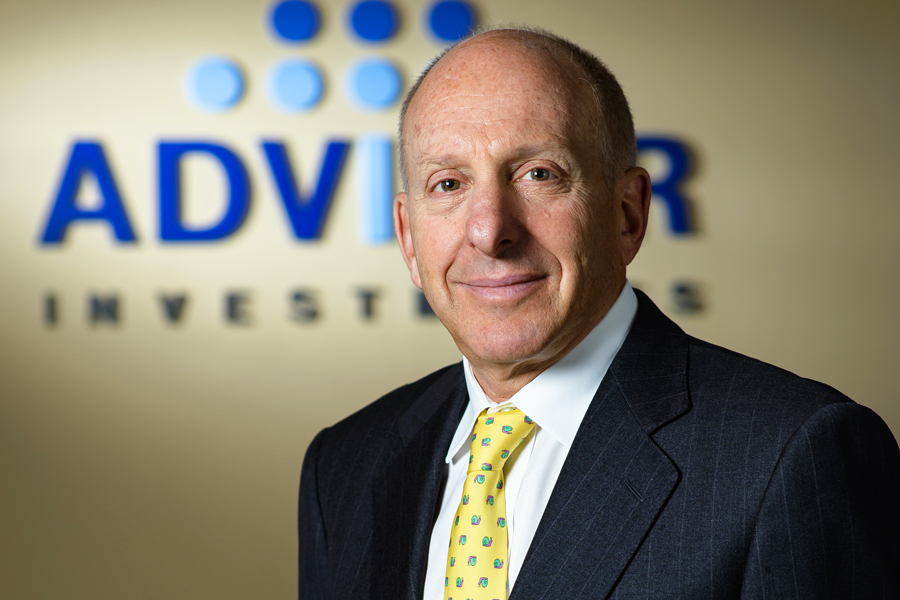

Daniel Wiener, chairman and co-founder of Adviser Investments, a $5.5 billion registered investment adviser, is calling out the fee-based financial planning industry for taking what he describes as government handouts.
“Shouldn’t any wealth management company that purports to provide sound investment and financial-planning advice be maintaining a robust balance sheet for just those periods when the economy, the markets or an exogenous event require emergency funding?” Wiener wrote in Citywire RIA after learning that several multi-billion-dollar RIAs were taking the forgivable government loans designed for rescue businesses impacted by COVID-19.
As InvestmentNews pointed out in March when the first wave of stimulus money was moving through Congress, Wiener believes the fee-based business model, unlike hair salons and restaurants forced to close their doors, continues to charge fees based on portfolio performance.
Jeff Benjamin: Why are you so passionate about the way some RIAs are taking forgivable loans through the Coronavirus Aid, Relief and Economic Security Act Paycheck Protection Plan?
Daniel Wiener: Because the RIA business model is very simple, it’s based on assets under management and it is a business model that should be able to accommodate both bull and bear markets.
Taking a government bailout just because it’s easy to get is immoral and unethical.
JB: What do you think about fee-based firms taking these loans?
DW: If the business model is so broken they feel they need a government backstop and don’t have other sources of capital such as bank lines of credit already established, these are not viable businesses and shouldn’t be propped up in the first place.
JB: Can you see any justification for RIAs taking these loans?
DW: Absolutely not. Full stop.
If the business model is broken, it’s broken. The justifications I’ve been reading in some of the disclosures are completely at odds with the intent of the program. If the business is not at risk, why take the money?
JB: Should these RIAs do a better job of disclosing these loans?
DW: Yes. It behooves anyone who takes my tax money for a bailout to disclose not only that they took it, but how much they took.
JB: How should clients and potential clients view advisory firms that take these forgivable loans?
DW: There’s going to be a lot of false justification given for taking these loans, but clients should read through it and understand that one of two things happened: Either the firm is in a weaker financial situation than they thought, or the firm has some issues around the morality of taking government handouts. Take your pick.

Meanwhile, Raymond James bolstered its employee advisor arm with an industry veteran who previously oversaw $750 million at Stifel.

Staffing shortfalls, new policies, and increased demand for clarity create potential speed bumps for tax planning and compliance.

Osaic's expanded partnership with the Arizona-based firm advances its broader strategy to offer succession-focused planning solutions to retiring advisors.

Focus is reportedly on a three year period from 2021-2024.

But economists say inflation impact may come in lower than expected.
Orion's Tom Wilson on delivering coordinated, high-touch service in a world where returns alone no longer set you apart.
Barely a decade old, registered index-linked annuities have quickly surged in popularity, thanks to their unique blend of protection and growth potential—an appealing option for investors looking to chart a steadier course through today's choppy market waters, says Myles Lambert, Brighthouse Financial.
